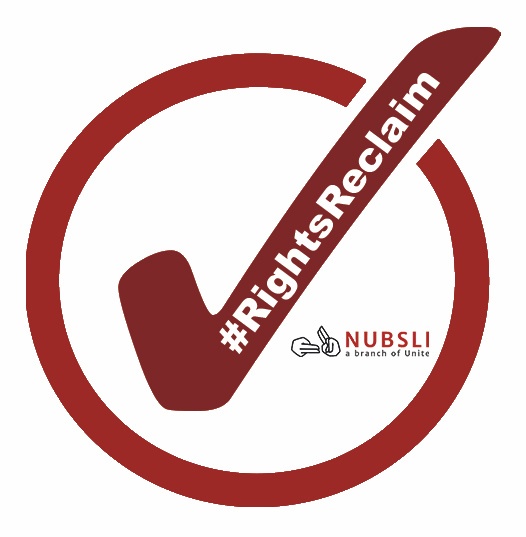We, the undersigned, are writing to request that as an agency that provides BSL/English interpreting and translation, you commit to supporting deaf people and the BSL/English interpreting and translation professions. We are concerned that the Covid-19 global pandemic is being used by some as a means of diminishing standards of access for deaf people, and the terms, conditions and pay for BSL/English interpreters and translators. This is not only unsustainable for those professions but is wholly unethical.
During the pandemic, deaf people have had to rely on the use of Video Relay Services (VRS) as a result of government-enforced restrictions. This has been as a response to an unprecedented global emergency and should not be pushed as a ‘solution’ for long term interpreting provision. Whilst VRS may meet some deaf people’s needs, it cannot meet all, and we have been made aware of agencies who are now committing to making their services 50% VRS as part of contract agreements. We are gravely concerned that safeguarding and access needs cannot possibly be met. Choice is paramount and to do this without any consultation, at a time of national emergency, cannot go unchallenged.
When the Covid-19 crisis is over, deaf people must be able to choose how their access needs are met – either face to face or via VRS. This crisis has shown that a large section of deaf people are being left behind and forgotten .
The reduction of fees for interpreters and translators is also of concern. This short term, opportunistic method of operating by some unscrupulous agencies is unsustainable and risks the future of the BSL/English interpreting and translation professions. During the pandemic, we have seen many interpreters lose the majority of their income and agencies capitalising on this by offering below-market fees and not supporting the profession that supplies their business is short-sighted at best, unethical at worst. Indeed, some interpreters have already decided to retrain so they can leave the profession entirely or reduce their working hours and we know many others who are considering similar action.
Without sufficient qualified interpreters and translators in the profession, deaf peoples’ access to health care and statutory services will be further limited. The consequences of which cannot be understated.
The impacts of Covid-19 must not be used as a tool to inflict permanent damage to the interpreting and translation professions and risk harming deaf people due to lack of access. We, therefore, demand that these practices cease immediately and that any proposals to alter models and methods of provision in future must not happen without prior consultations with the experts in this sector: deaf people and BSL/English interpreters and translators.

